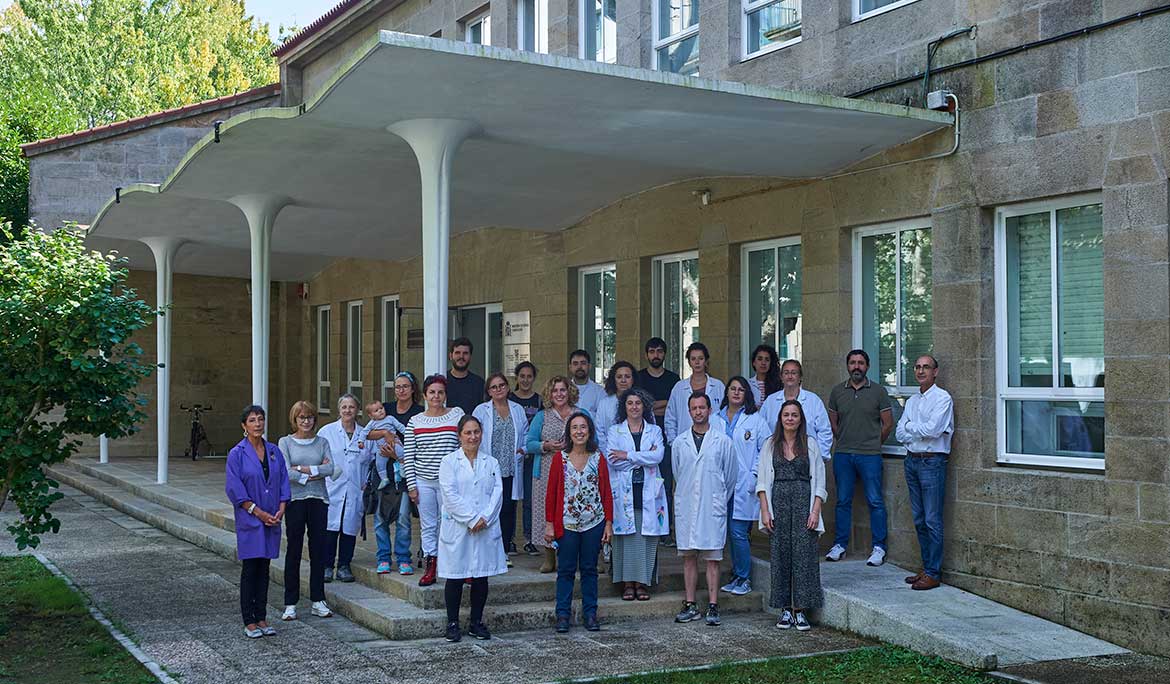Tipo de publicación:
Revistas indexadas en la Web of Science o en SCOPUS
Enlace a publicación:
https://doi.org/10.3389/sjss.2024.13103
Abstract
Wildfires are recognized as major contributors to forest loss and soil degradation on a global scale. Understanding the cumulative effects of fire regimes on forest ecosystems
and soil dynamics necessitates a deeper exploration of wildfire-vegetation-soil interactions
over the long term. This study delves into the wildfire-landscape dynamics within the “Baixa
Limia Serra do Xurés” Natural Park, a region prone to fires in Galicia, Spain. By analyzing
available statistical and remote sensing data, we identified significant shifts in fire regimes
and landscape dynamics between the periods of 2000–2010 and 2010–2020. Our
findings indicate a potential extension of the fire season, reflecting the impacts of
climate change. Despite improvements in firefighting capabilities, the occurrence of
large fires is on the rise in the Natural Park, underscoring the need for proactive
management strategies in such areas. Notably, significant fire events in 2011, 2016,
2017, and 2020 extensively affected wooded areas, constituting the majority of the burned
area. Shrubs and forests emerged as particularly vulnerable, with varying degrees of burn
severity influencing post-fire vegetation recovery rates. While shrublands expanded their
coverage between 2000 and 2010, rocky areas with sparse vegetation showed an
increase over the subsequent decade (2010–2020), indicating soil degradation and
potential desertification in areas affected by recurrent and severe fires, especially within
zones designated for the highest levels of protection (with fire rotation periods of less than
1 year). In conclusion, this study provides valuable insights into the impacts of wildfires,
changes in land cover, and post-fire soil-vegetation dynamics, which can inform
management and conservation efforts in fire-prone mountainous regions. Leveraging
advanced remote sensing techniques enables the monitoring of cumulative soil
degradation resulting from repeated wildfires over extended periods.
Grupos:
GRUPO DE REFERENCIA COMPETITIVA DE CONSERVACIÓN Y MEJORA DE SISTEMAS AGROFORESTALES
